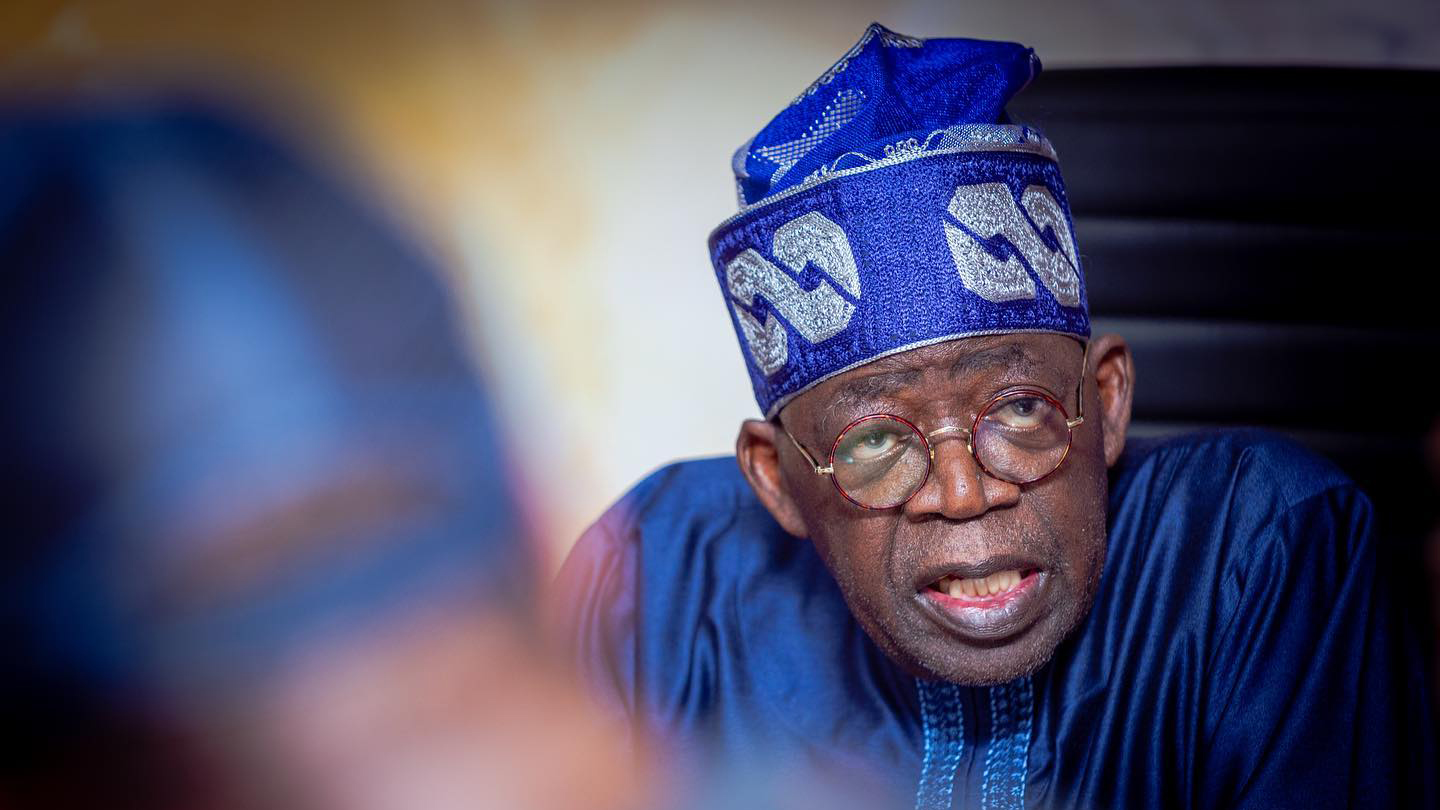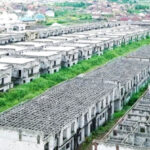In the second part of our special report on the Nigerian economy, economists chart the path that must be followed to save the country from economic collapse.
The economists, who spoke with Daily Trust, were in agreement that the economy should top the next government’s agenda.
“The incoming government should face the economy. The government should not politicise the economy,” said Professor Adeoye.
He suggested that the president “should get sound bureaucrats that can fashion out good policies to revamp the economy, which is dying.”
Experts urge Nigeria on beneficial ownership register in key sectors
Djokovic sizzles as Stephens lays down Roland Garros marker
It is the same prescription from Dr Yusuf of CPPE. The former Director-General of the Lagos Chamber of Commerce and Industries says the new president should come to this position with “a very good economic team that has a clear understanding of the issues from a theoretical and practical point of view.
“If we can have that kind of team, then we can have hope of quality economic policies. We will probably also have quality institutions.”
Part of the team’s responsibility is to fashion out a means of operationalising the new government’s industrial policy, as contained in “Renewed Hope”, APC’s agenda for the country.
“Our government will make it a priority to encourage industries vital to national development. This means growing our industrial base to provide jobs to an expanding urban population,” the party explained in the document.
For improved effectiveness in governance, there is also a need for the next president to work within a structured economic policy framework.
This will ensure that the policies and actions of the government are the products of detailed deliberations.
“There must be a proper framework for economic governance. Some of these things will go through debates before they become policy. That kind of framework is critical,” says Dr Yusuf.
On his part, Austin Nweze of the Lagos Business School said for a country carrying a high level of unemployment, “there are so many vested interests; that shouldn’t be. There should be a level-playing field.”
One area the government must focus on to raise productivity is entrepreneurship, says Nweze; to encourage Nigerians to go into entrepreneurship. “Entrepreneurship is the engine of growth of any economy. That is how economies transit.
“If you check on how the American economy transited, it moved from an agrarian economy to one of small business, then to conglomerates,” he noted.
As part of its industrial policy framework, APC says it will develop “major and minor industrial hubs in each geopolitical zone.
“Under its broad plans for the economy, the party says it will use a combination of monetary and fiscal policies to achieve macroeconomic stability.
“For its fight against inflation, it says it will prefer inflation targeting and management. Thus, it will not rely on the usual “anti-inflation medicine of higher interest rates and tighter money supply,” which ends up weakening the patient.’’
Adeoye wants the incoming government to declare a state of emergency in strategic sectors, starting with education to health and agriculture. This is the same view expressed by Nweze.
In 2022, Nigeria’s public universities went on strike for eight months, as the teachers protested against poor conditions of service, unpaid allowances and poor funding of the varsities by successive governments.
The poor state of the institutions has forced many Nigerians to seek alternative places for admission, including in some African countries.
This is unacceptable, says Adeoye. “How on earth can our students be going to Benin Republic, Ghana, etc., to study?”
A number of private universities have been established in Nigeria, although many people say their high fees put them beyond the reach of many families.
The solution to this, says Nweze, is more private-sector involvement.
“We need to democratise education, liberalise it to encourage more private investments into the sector. Just as we need private capital in health, private investment is also needed in education,” he said.
The vulnerability of the Nigerian health sector came to the fore in the wake of the COVID-19 pandemic.
What many people had already known about the sector blew open, with corporate organisations having to donate funds and materials to enable the nation to cope with the surge in infections.
The facilities are not there, says Adeoye, who asked the new government to employ good hands as administrators.
This has led to the continued practice of medical tourism, where Nigerians travel out of the country in search of good health services – for those who can afford it, that is.
It is little wonder that it is the rich and top politicians, including President Buhari and, lately, Senator Ike Ekweremadu, who have been known to be involved in this.
Now, medical personnel have also joined the queues of those hurrying out of the country.
As a result, even the existing health facilities are now in need of the personnel to man them.
Having noted the former government’s failure in its promise to fight corruption, Adeoye says the anti-corruption fight should be strengthened.
Beyond politicians, he says, the searchlight should be extended to civil servants, some of whom have been linked to ownership of properties with value far in excess of their known incomes.
“The government should bring back the dignity of labour. Whatever you do, you must do it well.
“We should not have a society where those who are doing the wrong things are those who are being celebrated,” he said.
The government should strengthen the security of the nation, the economists say.
For Adeoye, there should be more recruitment into the army, police force, etc., and they should be trained well. So, there should be more trainers and counsellors in these services.
“Given the negative publicity that Nigeria has garnered in the international community, the government should launch a powerful campaign to revamp the external image of the country,” says Adeoye.
This is important for the country to be able to attract foreign investment to move the economy forward, and create employment for our youths, he explains.
All the points above should be accompanied by critical reforms across the various sectors, including the foreign currency exchange policy, and the oil and gas space, says Yusuf.
“More importantly, the president should not make himself the Minister of Petroleum (as the case with his predecessor). That kind of practice should stop,” he said.
Yusuf says the ministry “should be headed by somebody who is a minister and who can be held accountable, and who can be queried.
“When the president says he is the minister of Petroleum Resources, how do you say you want to scrutinise the ministry?” he queried.

 Join Daily Trust WhatsApp Community For Quick Access To News and Happenings Around You.
Join Daily Trust WhatsApp Community For Quick Access To News and Happenings Around You.


